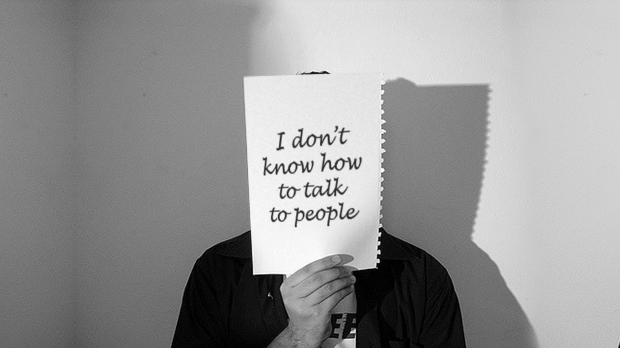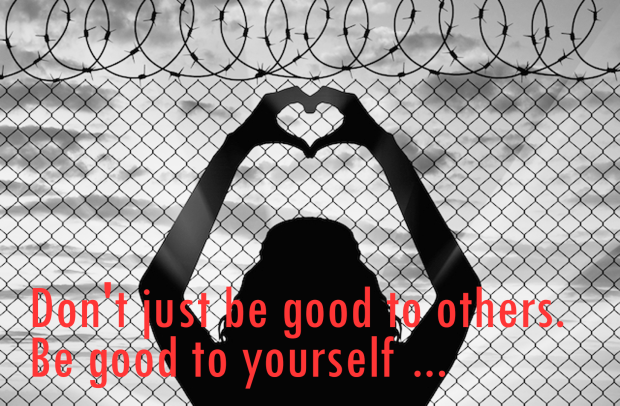Do you get anxious during social situations or interaction? Do you find it difficult to participate in social events because of your shyness? Do you worry that people will think bad of you? If the answer to any of these is yes, then you may be suffering from social anxiety.

First of all try not to worry about experiencing social anxiety. Many successful people have been through this. Facebook CEO, Mark Zuckerberg started strutting and sweating at his first interview. But then he eventually got over it and the rest is history. Many people tend to get nervous while being interviewed or giving speeches.
Social anxiety can often lead to embarrassment and our brain tries to find ways to avoid such situations. However, avoiding this may only serve to add more to your anxiety and act as a potential hindrance to your leadership and role modelling. A leader is known for the way he talks and encourages people around him.
There are many ways to overcome social anxiety but, remember it will take time. Miracles don’t happen overnight. You will get over your social anxiety slowly and not in a day’s time, since it is a psychological process, known as cognitive-behavioral therapy.
What can you do get rid of your social anxiety
1) Focus attention on the people around you, not yourself
2) Take deep breaths and make yourself comfortable and familiar with your surroundings
3) Be a challenger to negative opinions and unrealistic expectations
4) Look and face you audience during a speech or presentation, and don’t forget to look presentable and smile
5) Try and enjoy the moment and the experience
While doing the above, try and avoid the following
1) Mind reading: Assuming that people have a negative mindset about you
2) Fortune telling: Predicting the results in advance. Predicting that you will end up embarrassing yourself
3) Not giving yourself time: Never hurry or speak at fast speed. You will add more to your nervousness and build a pressure on you. There are also chances you will stammer or forget your words.
Focus on overcoming your social anxiety. Confront your negative thoughts. Find out what is making you anxious and find ways to tackle that problem. Fight it, rather than run away from it. For example, if speaking in front of large crowd makes you anxious try speaking in front of your family member or friends first. Take feedback and improve, and that is how you will build confidence and move ahead.
Social anxiety is not visible to anyone other than you unless you show it deliberately through your words or actions. People will never know how anxious or nervous you are. Thus you can exude confidence and ace that interview or speech, even with butterflies in your stomach.
Says Dr Thomas A. Richards, psychologist and director of the Social Anxiety Institute,
“If we want to overcome social anxiety, we need to practice new rational thoughts, beliefs, perceptions, and actions. If we do this, our brain does change. Thankfully, this is a permanent change, and we can go on to live the kind of life we desire.”



